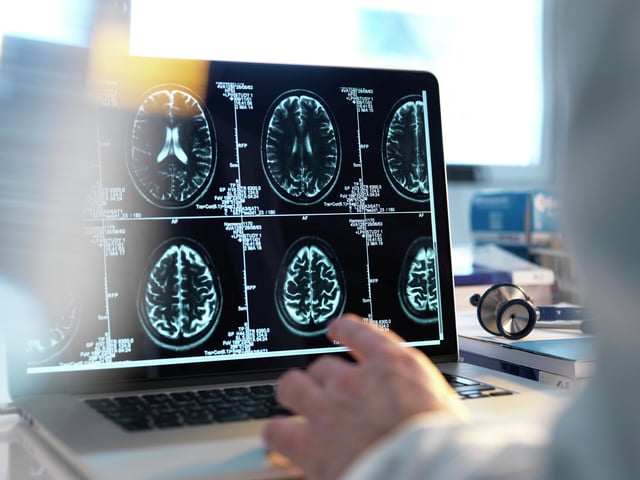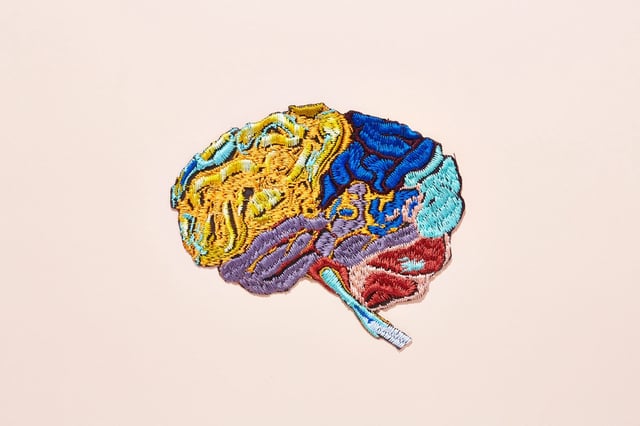Overview
- The blood test quantifies biological ages of 11 organ systems by measuring about 3,000 protein biomarkers and applying machine learning to samples from 45,000 UK Biobank participants.
- Organs appearing older than their chronological age are linked to higher disease risk in the corresponding system, with aged brains tied to a threefold increase in Alzheimer’s risk compared to average brain age.
- Participants with extremely aged brains faced a 182% higher risk of dying within 15 years while those with exceptionally youthful brains had a 40% lower mortality risk.
- Stanford researchers say the test costs approximately $1,000 for research use and aim to bring a commercial version to market within two to three years through university–startup partnerships.
- Plans are underway for double-blind trials to evaluate whether lifestyle changes such as exercise and smoking cessation can directly reverse organ-specific biological aging.



